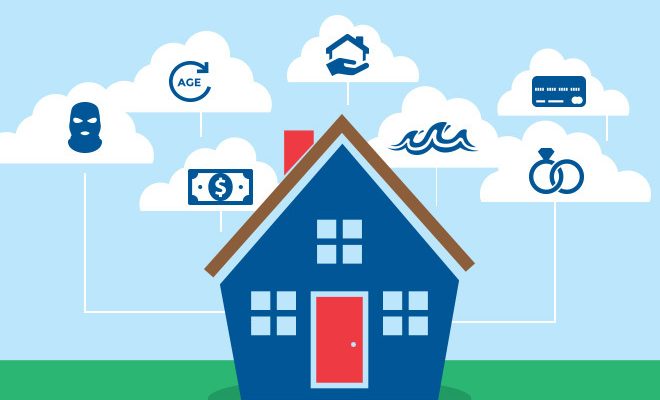- 3.05 Acre Lot
- Zoned A-1
- Asking Price $55,000
Location, location, location! Don’t miss this beautiful 3.05 acre flag lot on paved road NE 105 Street. This high and dry lot is only a few miles from CR315 and short easy drive to Silver Springs/Ocala area or head North to Gainesville for a little bit longer commute. Acreage is within minutes of Marion County’s – Gores Landing Boat Ramp and Campground with access to the Ocklawaha River waterway. The acreage is wooded with oaks, pines, palms and more including home to deer, turkey and variety of birds and wildlife. Located 10 minutes to downtown Fort McCoy with grocery store, doctor office, pharmacy, hardware, gas station, pizza and more. Short drive to Silver Springs which includes Walmart, Lowes, Bealls, Outback and many more of your favorite shopping spots and restaurants. Ocala is only another 10 minutes from Silver Springs with vibrant night life and lots of entertainment options and restaurants. Gainesville(Home of Florida Gators) is only 50 minutes to downtown. If you’re a fisherman, hunter or simply love hiking, canoeing or kayaking you are in luck! Minutes to Ocklawaha River, Ocala National Forest and many natural springs(Salt Springs, Silver Glen Springs, Juniper Springs), horseback and walking trails, and off road vehicle trails awaits your explorations. One of a kind property and location! Ready for new owners!

























